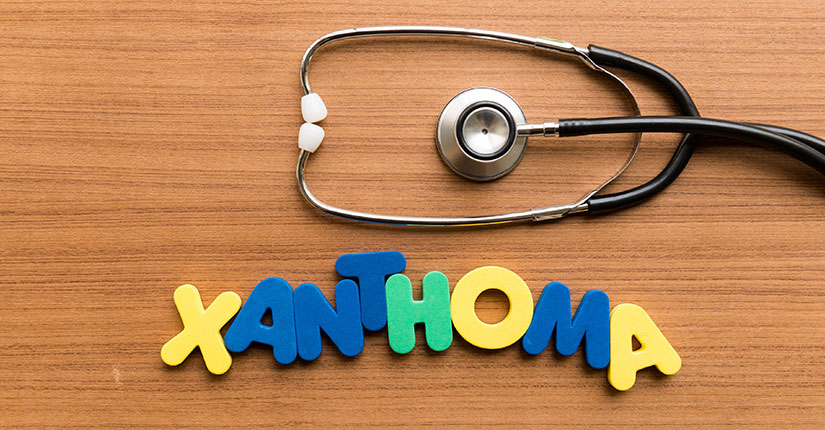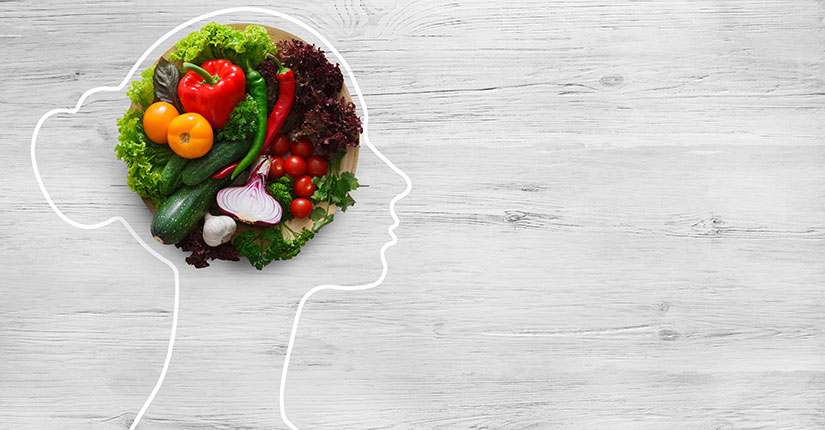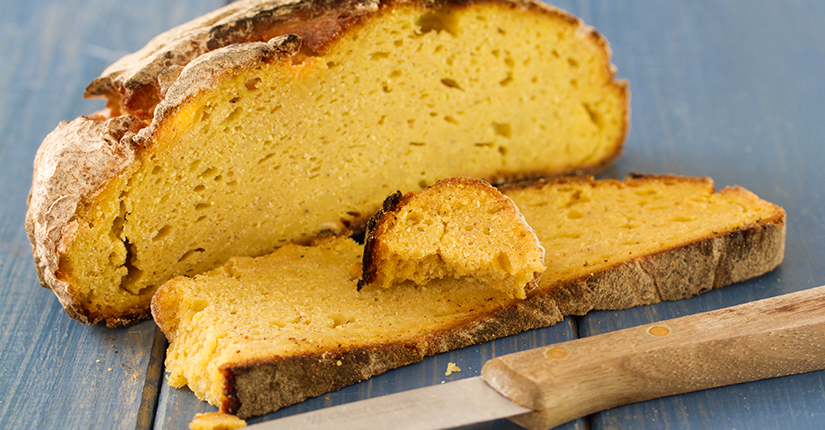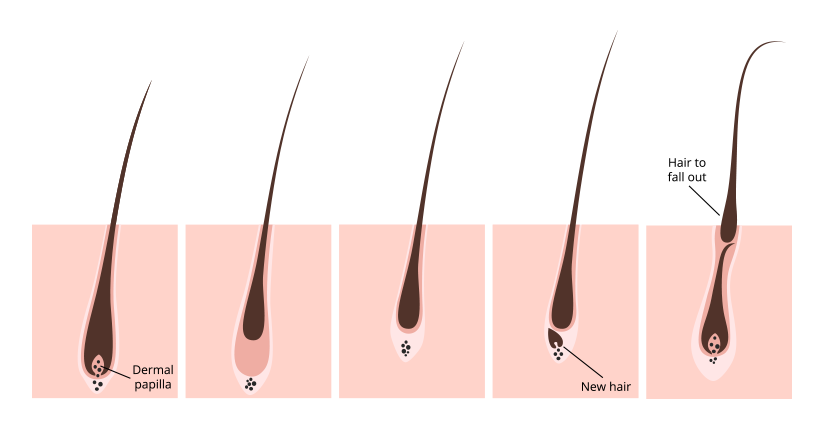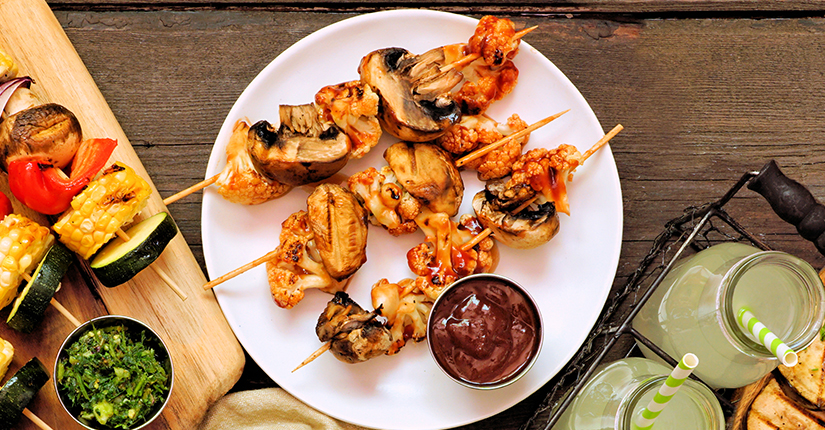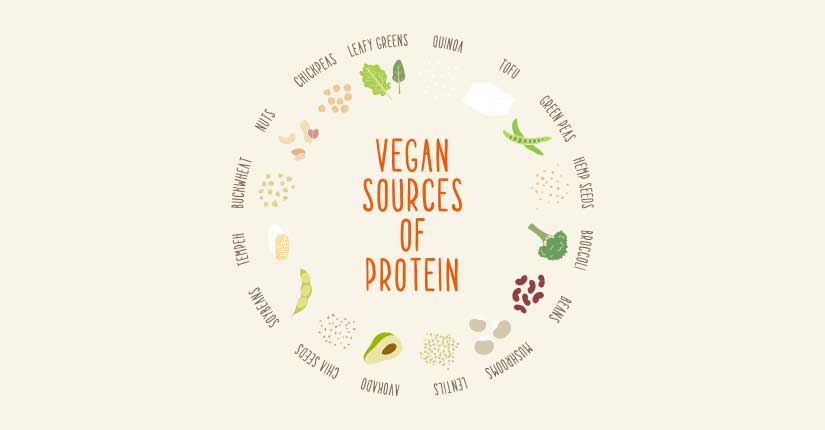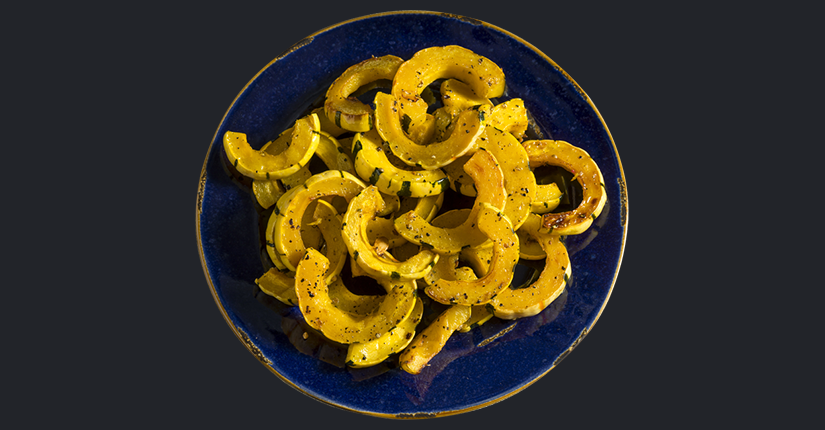Ways to Conquer PTSD with Diet
By Nmami Agarwal 27-Jun 2020 Reading Time: 4 Mins

PTSD stands for post-traumatic stress disorder. Very often people have experienced or witnessed traumatic events such as natural disasters, wars, accidents, terrorist attacks, or violent assaults that scar them, emotionally and psychologically. These people are likely to face post-traumatic stress disorder (PTSD). PTSD is a psychiatric disorder that can happen to anyone who has gone through a disturbing and traumatic experience. Women are more predisposed to PTSD than men.
Symptoms of PTSD include recurrent dreams, flashbacks, nightmares, and emotional numbing. People with PTSD have disturbing thoughts and feeling related to their traumatic experiences. The symptoms of PTSD start occurring within weeks from the distressing event. In some cases, the symptoms are seen years after the event has occurred. PTSD patients have difficulty in concentrating. They feel detached from the world and cannot form healthy relationships with the people around them. The flashbacks are so vivid that they start reliving the incident. They go through agonizing pain the minute they recall their experiences from that particular event.
PTSD is an upsetting disorder that can take a toll on the person. They have distorted beliefs and a reckless approach towards everything. Healing for PTSD patients demands recalling the incident which has put them through excruciating pain. Therefore, healing is a challenge for them. There are several treatments and medications to help PTSD patients. Recent studies have shown that a healthy diet can be a possible treatment for mental health disorders. It has positive effects and can be used as a supportive therapy.
These are some dietary suggestions that can help you conquer PTSD:
- Add more fruits to your diet. Blueberries claim to improve the mood and brain function of a person. It is an excellent fruit that increases the production of serotonin in the brain. This can help you relieve the symptoms of PTSD.
- Green vegetables are rich in folic acid. The deficiency of folic acid causes depression. Eating foods rich in folic acids such as kale, spinach, nuts, legumes, oranges, and sprouts can improve and lower the symptoms of mental disorders.
- Eat omega-3 fatty acids. People with low levels of omega-3 fatty acids are at the risk of developing depression and stunted brain development. Omega-3 fatty acids are known to improve brain function. Foods such as salmon, sardines, flaxseeds, walnuts, and canola oil are rich in omega-3 fatty acids.
- Consume complex carbohydrate-rich foods. These foods have a positive effect on brain health. The body breaks down complex carbohydrates and glucose is released which acts as a fuel for the brain. Carbohydrates are a great source of energy, elevates mood, and also improve brain function.
Footnote
Living with a mental disorder is very challenging. You have to fight every day to survive and not succumb to the pressure. Seeking professional help can relieve your symptoms.



